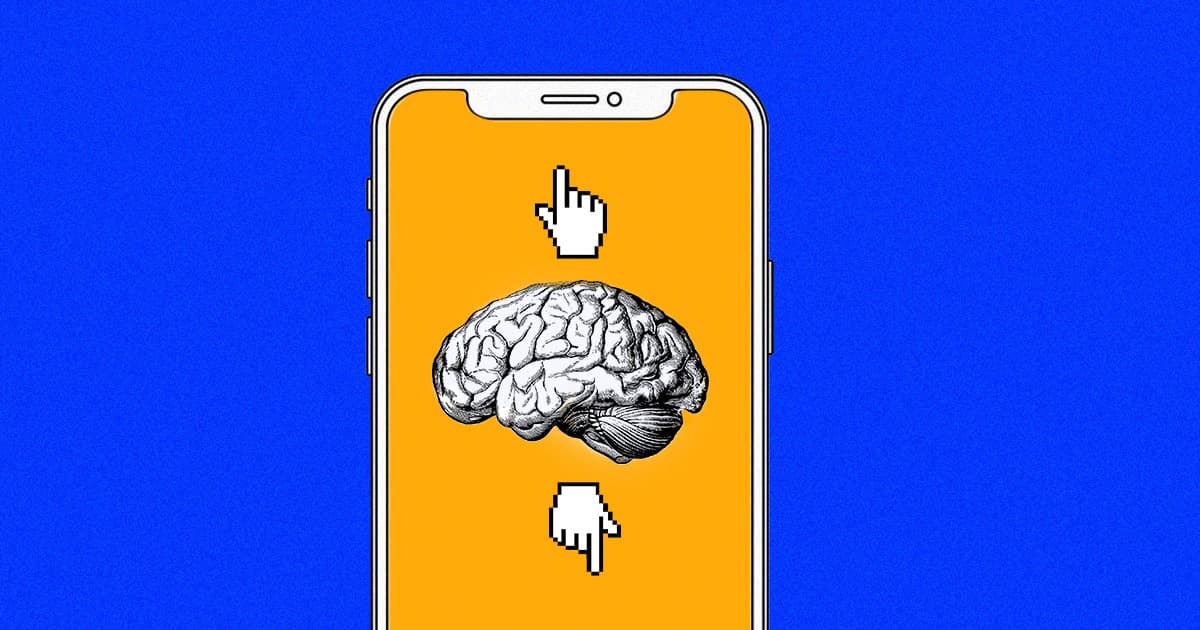Musk said Neuralink is making leaps and bounds toward clinical trials. The future is here sort of as Elon Musk looks forward to clinical trials for his startup Neuralinks brain implants.
 Elon Musk Says Neuralink S First Product Will Control Smartphone With Brain Implant
Elon Musk Says Neuralink S First Product Will Control Smartphone With Brain Implant
Additionally Im simply answering the question posed by the OP I am not suggesting you become a human test subject.

Neuralink clinical trials sign up. The first clinical trials will be in a small number of patients with severe spinal cord injuries to make sure it works and is safe. Neuralink could begin testing its brain implant chip on humans as early as this year at least according to a recent Tweet by Elon Musk. In a live-stream to over 150000 people.
The target set by Neuralink is an ambitious one and the project still needs to proper approval. Subscribe Breakthrough Technology for the Brain Join the Team Watch the update Close Video Understanding the Brain Science. The company has recently received a breakthrough device designation from.
The same commercial. To my knowledge Neuralink hasnt reached the. Long term Musk said they will be able to restore full motion in people with those types of injuries using a second implant on the spine.
Sign up for the newsletter Verge Deals Subscribe to get the best Verge-approved tech deals of the week. If things go well we might be able to do initial human trials later this year. Elon Musk unveils brain-on-a-chip seeks human trials in 2020 Premium Elon Musk-led startup Neuralink has revealed tiny brain threads in a chip which is long lasting usable at.
We are designing the Link with the goal that a user would be able to get an MRI in a scanner with at least 15T magnet or smaller which includes most clinical facilities. The first clinical trials will be in a small number of patients with severe spinal cord injuries to make sure it works and is safe. SpaceXs Starhopper engulfed in fireball after critical Raptor static fire test.
Neuralink is working super hard to ensure implant safety is in close communication with the FDA. Food and Drug Administration approval to begin clinical trials as soon as next year Bloomberg said and Musk said the start-up. Neuralink plans to seek FDA approval for the first clinical trial of the device by next year making it clear that the device is targeted at patients with medical diseases such as Parkinsons or.
Neuralink is working super hard to ensure implant safety is in close communication with the FDA. Elon Musk. Musk hopes to begin human trials in 2020.
Neuralinks long-term vision is to create BMIs that are sufficiently safe and powerful that healthy individuals would want to have them. If correct Neuralink the company behind a futuristic but still largely. If things go well we might be able to do initial human trials later this year the Tesla.
Last year Musk said he hoped to start clinical trials in. Elon Musks Neuralink targets human trials for brain-machine interface in 2020. Neuralinks first clinical trials with a small number of human patients would be aimed at treating paralysis or paraplegia the companys head surgeon Dr.
The company is seeking US. Elon seems to have developed quite the habit of creating news purely by Tweeting and one of Musks more recent Tweets suggested Neuralink human trials might start this year. Neuralink has only used the device with some success in rats and monkeys.
Im not a lawyer or an expert regarding human experimentation laws. Indeed such is the focus of certain commercial ventures like Neuralink that aim to develop technologies to allow for humanity to keep up with artificial intelligence 33. Its system toward initial clinical studies.
Is the Link compatible with MRI. As reported on STATNews August 28 Musk has unveiled a coin-sized prototype of a brain implant developed by his startup Neuralink to enable people who are paralyzed to operate smartphones and robotic limbs with their thoughts. But the company hopes to start human clinical trials next year on patients with complete paralysis due to an upper spinal.
Neuralink said last year it would start clinical trials by the end of 2020.
